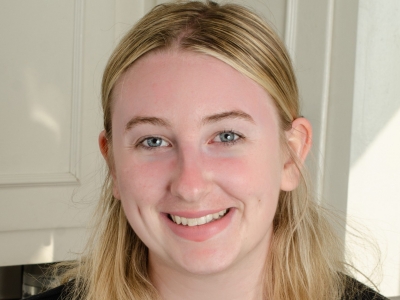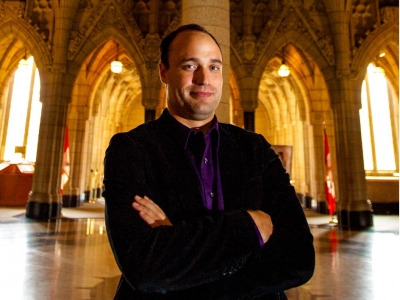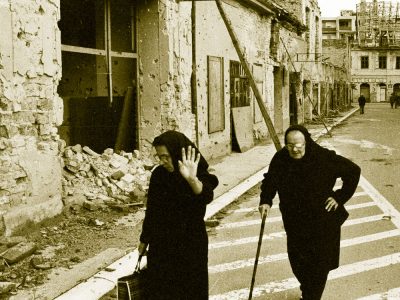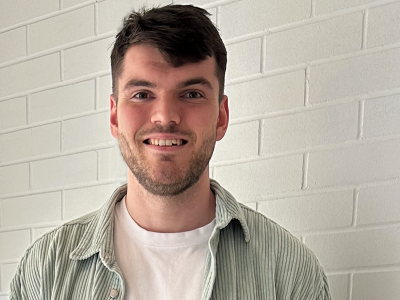By Karen Kelly
Photos by Bryan Gagnon
In March of this year, Economics Professor Hashmat Khan was working with his Spanish collaborator Miguel Casares at the Universidad Publica de Navarra, when Spain was engulfed by COVID-19 infections. The pair usually collaborate on research studying the entry and exit of firms in the economy, but they quickly changed course to apply their expertise to the crisis at hand.
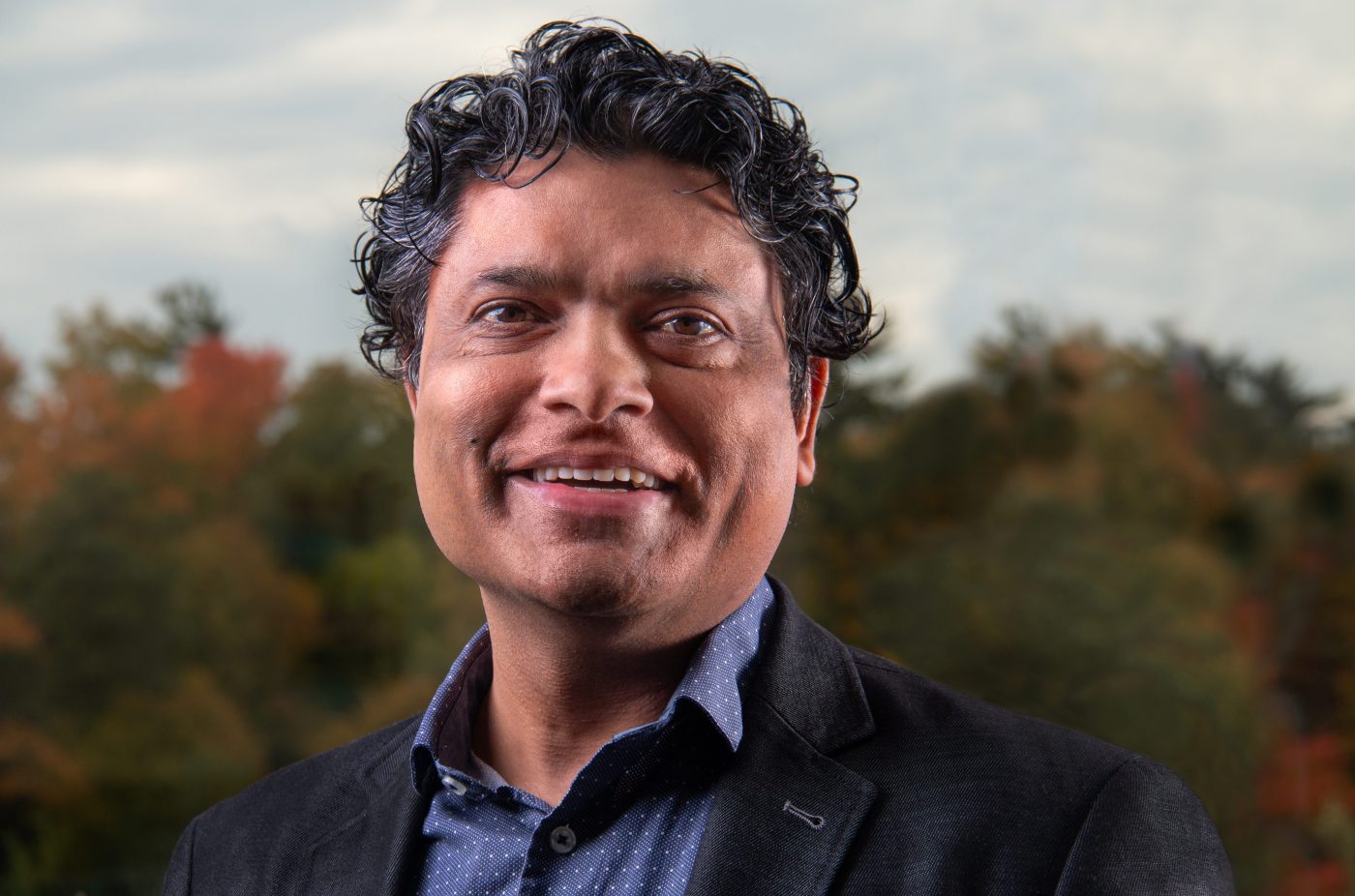
Hashmat Khan
“It felt very urgent,” recalls Khan. “We started talking and thought, as economists, we build models, calibrate parameters (using actual data), and then produce simulations to evaluate different policies. We could do the same to study the COVID-19 pandemic.”
Khan is not the only Carleton University economist who is applying economics know-how to the current crisis. He and his colleagues have published a number of working papers that consider the effects of the COVID-19 pandemic from distinct perspectives.
“The speed of the response from the economics profession to the challenges of the COVID-19 health crisis has been nothing short of staggering,” says Khan, citing more than 100 papers written by economists worldwide since March 11.
In the case of their research on social isolation measures, Khan and Casares adapted an epidemiological model to assess the effects of both the timing and intensity of the lockdown in Spain. Their results suggest that isolation measures imposed by the Spanish government on March 14 reduced the number of deaths by an estimated 95% in Spain.
“This model provides policy makers with a threshold level for the contagion pace to avoid a second COVID-19 outbreak in Spain,” says Khan. “In follow-up work, we have incorporated different age groups and sectors to better match the data. This will allow us to assess the relative merits of alternative road maps to economic recovery facing policy makers.”
Addressing a Global Challenge
Khan’s colleagues Professor Ba Chu and doctoral candidate Shafiullah Qureshi are also responding to the call for COVID-19 research. The pair are studying keywords entered into the Google search engine during the pandemic to predict the ebb and flow of infections.
They found that the Google Trends data on search frequencies is a strong predictor of case count because the intensity of searches reflects interest in—and anxiety about—the pandemic.
“The information provided in internet searches can enhance the public’s understanding of the threat of the coronavirus and its severe impact on various social and economic aspects,” they report. “This understanding can make people more compliant with social distancing and other virus containment measures, thus leading to a reduction in coronavirus case counts.”
Their colleague, Professor Louis-Philippe Beland, recipient of a Public Affairs Research Excellence Chair this year, is tracking the labour market consequences of the pandemic on U.S. workers. His team is investigating whether the consequences are more dire for certain occupations, including those more exposed to the disease; those who work in close proximity to others; essential workers; and people who can easily work remotely.
“Our estimates suggest that the impact of the pandemic (on unemployment, labour force participation, hours and wages) was significantly more severe for workers more exposed to the disease and workers that work in proximity to coworkers,” reports Beland, who conducted the study with Abel Brodeur and doctoral candidate Taylor Wright at the University of Ottawa. “The effects are significantly less severe for essential workers and those who can work remotely.”
In addition to studying the labour market outcomes of Canadians, Beland’s team considered the mental health of Canadian employees, as reported through the Canadian Perspective Survey.
“This showed that reported mental health is much lower among the most affected workers during the pandemic,” states Beland, who collaborated with Brodeur, Wright, and Ph.D. student Derek Mikola of Carleton. “Those who were absent from work…are more concerned with meeting their financial obligations and with losing their job than those who remain working outside of home.”
The Value of Economics
Hashmat Khan, who chairs Carleton’s Department of Economics, says the research being conducted right now demonstrates the breadth of economics—and the desire among many economists to contribute to society during a difficult time.
“Economists have rapidly adapted and enriched the classic epidemiological model, integrated it with a variety of economic models, and used rigorous methods for analysing data,” he noted. “I would say that economists are uniquely positioned to offer insights and inform public policy in the current and perhaps future pandemics.”
Wednesday, June 3, 2020 in Another Take, Department of Economics
Share: Twitter, Facebook
